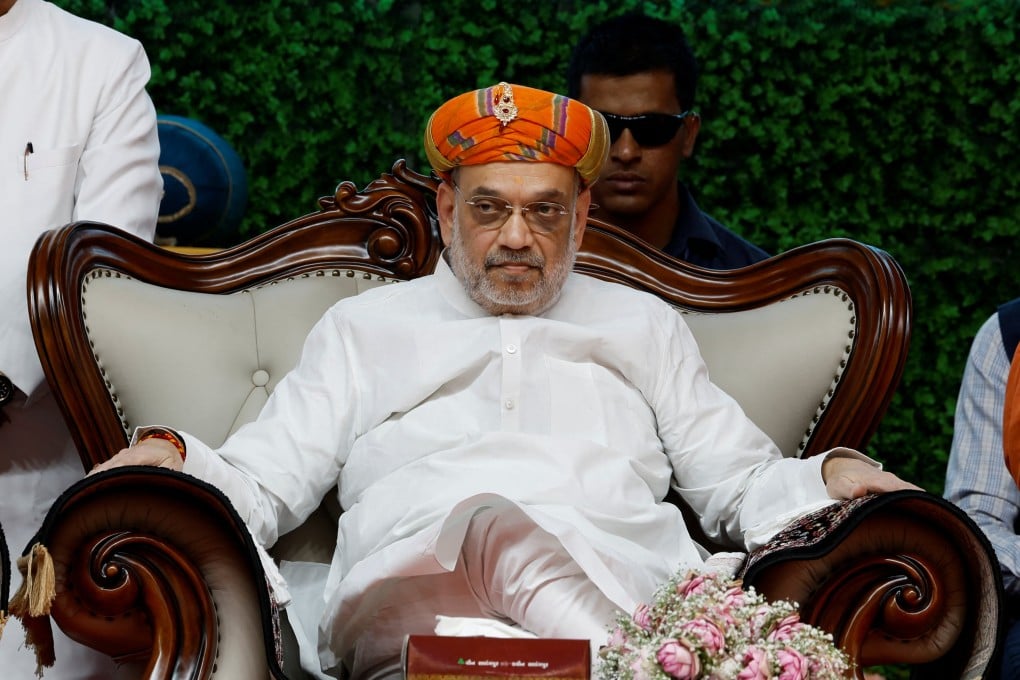My Take | How Canada completely dropped the ball on the threat from India
While Ottawa and its intelligence services were aping the US and chasing the shadows of ‘malicious’ China, the real threat was from elsewhere

As the diplomatic debacle over Huawei No 2 and the two Michaels dragged on over two years, Canada’s intelligence services doubled down on the “China threat”.
Stories started leaking into the Canadian press about how the Liberal government of Justin Trudeau was not paying enough attention to China’s clandestine influence operations in the country. These ranged from alleged underground Chinese “police stations” – it is never clear why they were called that, assuming they actually existed – to a fabricated story about a minor Chinese-Canadian politician advising a Chinese consul general, that is, not even the Chinese ambassador, about delaying the release of the two Michaels.
Elections were supposedly interfered with, though the operations must have been singularly ineffective as even the Canadian Security Intelligence Service (CSIS), the foremost government agency against “everything China”, admitted the election outcomes and their integrity were never affected.
Patriotic Chinese foreign students who confronted Uygur activists and their supporters on a university campus were portrayed in some media outlets as communist agents.
The two Michaels, understandably, turned most Canadians against China. But the incident could have been avoided. We now know Meng Wanzhou actually travelled through multiple jurisdictions that had an extradition treaty with the United States, but American agents tracking Meng’s movements thought only Canada would play ball. They were right. The worst diplomatic fallout between the two countries also cost Canadian farmers and other exporters billions in lost revenue.
Meanwhile, the real threat was coming from somewhere else, a country of which the US has been singing praises and hoping, vainly, that it would join its Indo-Pacific crusade against China.

